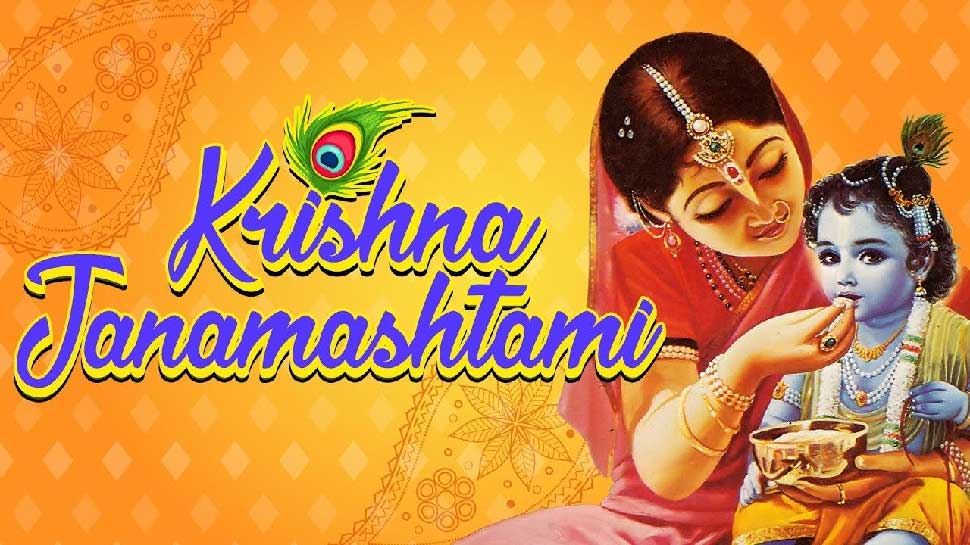
Krishna Janmashtami: The Spiritual and Cultural Significance of the Hindu Festival
Krishna Janmashtami, also known as Krishna Jayanti or Gokulashtami, is a Hindu festival that celebrates the birth of Lord Krishna, an incarnation of the Hindu god Vishnu. This article aims to provide an in-depth, accurate, and comprehensive understanding of the spiritual and cultural significance of Krishna Janmashtami. Targeted at individuals interested in Hinduism, spiritual seekers, cultural anthropologists, and the Indian diaspora, this article delves into the rituals, customs, and impact of this festival on Indian culture.
Historical Background of Krishna Janmashtami
Krishna Janmashtami is believed to have been celebrated for thousands of years, marking the birth of Lord Krishna in the Dwapara Yuga. The festival is mentioned in ancient scriptures like the Puranas and the Mahabharata. It is traditionally observed on the eighth day (Ashtami) of the dark fortnight in the Hindu month of Bhadrapada, which usually falls in August or September.
Key Points:
- Origin in Dwapara Yuga
- Mentioned in ancient scriptures
- Celebrated on the eighth day of the dark fortnight in Bhadrapada
Spiritual Significance and Religious Importance
The festival holds immense spiritual significance as it commemorates the birth of Lord Krishna, who is considered the embodiment of love, compassion, and divine joy. Krishna's teachings, encapsulated in the Bhagavad Gita, offer profound insights into the nature of life, duty, and the path to spiritual enlightenment.
Quotes from Bhagavad Gita:
"Whenever there is a decline in righteousness and an increase in unrighteousness, O Arjuna, at that time I manifest myself on earth." - Bhagavad Gita 4.7-8
Key Points:
- Embodiment of divine qualities
- Teachings in the Bhagavad Gita
- Path to spiritual enlightenment
Traditional Rituals and Customs
Krishna Janmashtami involves a variety of rituals and customs, including fasting, singing bhajans (devotional songs), and reenacting episodes from Krishna's life. One of the most popular customs is the Dahi Handi, where young men form human pyramids to break a pot filled with yogurt, symbolizing Krishna's playful and mischievous nature.
Rituals Include:
- Fasting
- Singing Bhajans
- Dahi Handi
Regional Variations in Celebrations
The festival is celebrated with much fervor across India, but the rituals and customs can vary by region. In North India, it is common to enact plays called "Raslilas," while in South India, devotees decorate elaborate cribs depicting scenes from Krishna's life.
Examples:
- Raslilas in North India
- Decorative cribs in South India
Popular Foods and Dishes Associated with the Festival
The festival is incomplete without its array of traditional foods. Popular dishes include "Makhan Mishri," a mixture of butter and sugar, and various types of sweets like "Laddu" and "Peda."
Foods Include:
- Makhan Mishri
- Laddu
- Peda
Impact on Indian Culture and Society
Krishna Janmashtami has a profound impact on Indian culture, influencing art, music, and dance. The festival also fosters community bonding and promotes values like devotion and compassion.
Key Points:
- Influence on art, music, and dance
- Fosters community bonding
- Promotes values like devotion and compassion
Modern Adaptations and Global Celebrations
With the Indian diaspora spreading across the globe, Krishna Janmashtami has found a place in international calendars. Modern adaptations include online celebrations and virtual "Satsangs" (spiritual gatherings).
Examples:
- Online celebrations
- Virtual Satsangs
Quotes and Teachings from the Bhagavad Gita
The festival is an opportunity to revisit the teachings of the Bhagavad Gita, which offer timeless wisdom. Quotes like "You have the right to perform your prescribed duties, but you are not entitled to the fruits of your actions" (Bhagavad Gita 2.47) are often cited during the festival.
Observance by Different Age Groups
While the elderly engage in fasting and spiritual discourse, children often participate in Dahi Handi and other playful activities, making it a festival that transcends age barriers.
Key Points:
- Fasting and spiritual discourse among the elderly
- Playful activities for children
Current Trends and Future Outlook
As the world becomes increasingly interconnected, Krishna Janmashtami is likely to evolve, incorporating new forms of celebration while retaining its traditional essence. The festival's focus on universal themes like love, duty, and spirituality ensures its relevance in modern times.
Key Points:
- Evolving forms of celebration
- Continued relevance due to universal themes
Conclusion
Krishna Janmashtami is not just a religious festival but a celebration that has shaped and enriched Indian culture in numerous ways. Its spiritual significance, traditional rituals, and impact on society make it a multifaceted festival worth understanding and experiencing.
Festival




